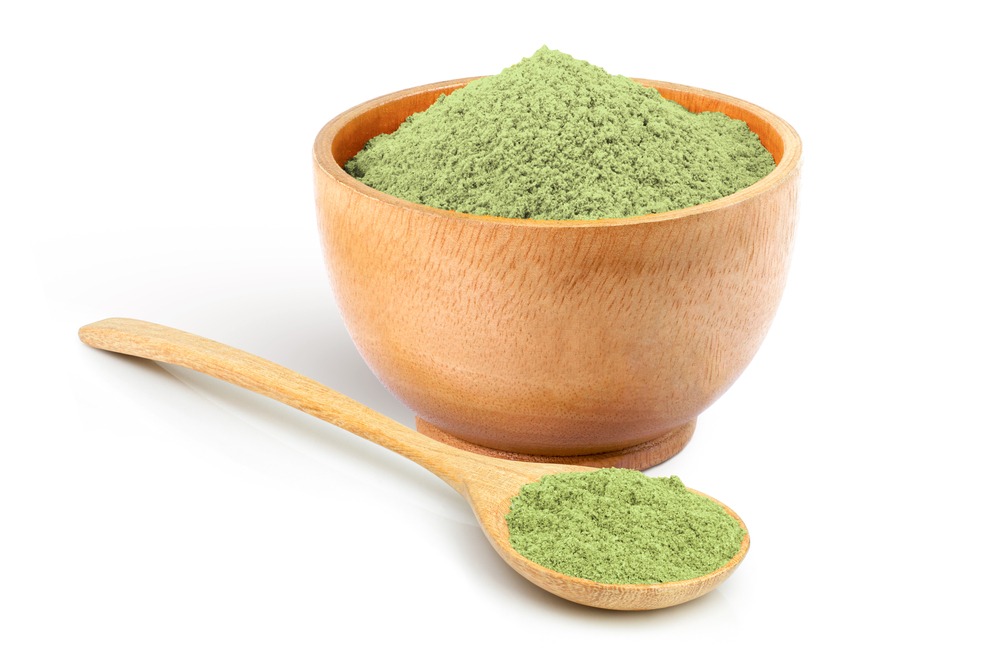
Does Kratom Dehydrate You? Exploring the Connection
Kratom has gained widespread attention in recent years. This tropical plant, known scientifically as Mitragyna speciosa, offers unique effects that have intrigued many. However, as its popularity grows, so do questions about its potential side effects. One common query is whether kratom can cause dehydration.
This post delves into the relationship between kratom and dehydration, providing a comprehensive understanding of what users should consider.
Understanding Kratom
Kratom is native to Southeast Asia, where it has been traditionally used for various purposes. The leaves of the kratom tree contain alkaloids, primarily mitragynine, and 7-hydroxy mitragynine. Kratom comes in various strains, each offering distinct properties. Users often choose strains based on their specific needs and preferences.
The Importance of Hydration
Before exploring the question, does kratom dehydrate you? it’s essential to understand the significance of hydration. Water plays a crucial role in maintaining bodily functions, including temperature regulation, digestion, and nutrient absorption.
Dehydration occurs when the body loses more fluids than it takes in. Symptoms of dehydration range from mild (thirst and dry mouth) to severe (dizziness, confusion, and rapid heartbeat). Maintaining proper hydration is vital for overall health and well-being.
Kratom and Dehydration: The Connection
Many users report experiencing dry mouth after consuming kratom, which is a common indicator of dehydration. This sensation occurs because kratom can have a drying effect on the body’s mucous membranes.
However, dry mouth does not necessarily mean that kratom causes significant dehydration. The extent to which kratom might lead to dehydration varies based on several factors, including the dosage, frequency of use, and individual physiological differences.
Factors Influencing Dehydration with Kratom Use
Several factors can influence whether kratom leads to dehydration:
- Dosage: Higher doses of kratom may have a more pronounced drying effect, increasing the likelihood of dehydration.
- Strain Type: Different kratom strains may vary in their effects on the body.
- Individual Differences: Each person’s body reacts differently to substances. Some users may be more prone to dehydration than others when using kratom.
Tips to Stay Hydrated While Using Kratom
If you use kratom and are concerned about dehydration, consider these tips to stay properly hydrated:
- Increase Water Intake: Drink plenty of water throughout the day, especially when using kratom. Aim to consume at least eight glasses of water daily.
- Monitor Your Body: Listen to your body’s signals. If you feel thirsty or notice a dry mouth, drink water immediately.
- Balanced Diet: Consume a balanced diet rich in fruits and vegetables, which have high water content. This helps maintain hydration levels.
- Limit Diuretics: Reduce intake of diuretic substances like caffeine and alcohol, which can contribute to dehydration.
- Hydrating Foods: Include hydrating foods like cucumbers, watermelon, and celery in your diet to help keep your body hydrated.
Myths and Misconceptions
There are several myths and misconceptions about kratom and dehydration. Kratom can contribute to dehydration, but proper hydration practices can effectively manage these effects. Understanding your body and how it reacts to kratom is key to maintaining overall health.
Stay Hydrated, Listen To Your Body!
The question of whether kratom dehydrates you is complex. Factors such as dosage, frequency, strain type, and individual differences play a role in how kratom affects hydration levels. By increasing water intake, monitoring bodily signals, and incorporating hydrating foods into your diet, you can enjoy the benefits of kratom without compromising your hydration status.
At Austin Leaf, we prioritize educating our customers on safe and informed kratom use. Understanding how to manage dehydration is crucial. Stay hydrated, listen to your body, and continue exploring the unique properties of kratom responsibly.


